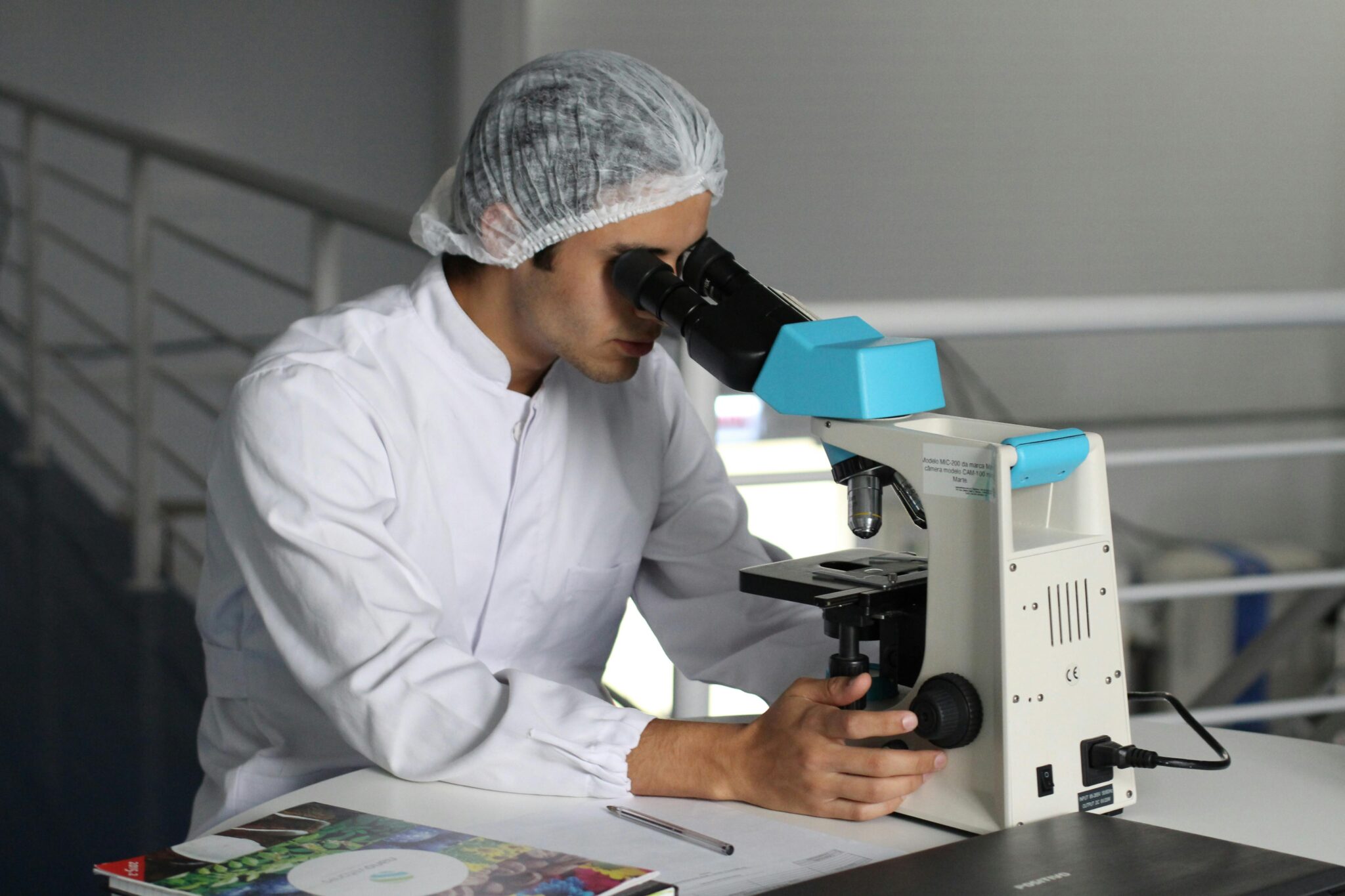Testing times
April 30, 2024
This month, April 2024, Queensland commenced its first fixed-site drug testing service, with the opening of a clinic in Bowen Hills, Brisbane. It is only the second state in Australia to offer the service – the first being in the ACT, following trials in Canberra.
Pill testing has been operating overseas in Europe and the United States since the 1990s as part of their response to the emergence of MDMA (ecstasy). It is now available across 20 countries, including in New Zealand and Canada.
Australia has been reluctant to introduce what is a controversial intervention with concerns from some that it could send a message of condoning drug use.
Pill testing also complicates matter for authorities charged with enforcing the law, yet wanting to reduce harm.
Difficult questions have stalled its introduction. Questions such as if pill testers detect a very dangerous drug, can they stand by the protocol of giving it back to the young person, who even after being informed of the risk, is not wanting to throw it away? If a person dies from a pill that was tested who is responsible? Should it be the responsibility of governments/taxpayers to fund these services?
Pill testing allows people the service of having their drugs checked, giving them more information about its contents, before they make that final decision to take it.
It also allows for that brief health intervention, a conversation about the potential harms of the drug, which could lead to a person changing their mind about its use. Testers can also ask about what they’ve already taken… issuing warnings around the risks of polydrug use.

It has been found that most people who discover their substance is not what they expected it to be, will hand it over to testers for disposal. Learnings from pill testing in Canberra showed that people were more likely to space out their doses, reduce doses, or dispose of their drugs, after having conversations with the service providers.
Due to these harm-minimisation benefits of pill testing, Drug ARM is a member of the PT4Q Alliance which supports the introduction of drug checking in Queensland.
As one of our senior clinicians pointed out, “While we can educate and tell people not to take drugs, and say that the safest course of action is not to take any drug, the fact remains that people do take them.
“And if they have a drug at a festival and have every intention of taking it very soon, it is safer to offer testing of that drug, along with providing an educational chat with a health professional about it.”
Submissions from alliances of health, medical, treatment, harm reduction, legal, academic, community and youth organisations, like PT4Q, have supported Queensland Health in establishing pill testing, with the first such clinic conducted recently at a music festival near Warwick over the 2024 Easter long weekend.
At this inaugural Queensland clinic, delivered over four days at the Rabbits Eat Lettuce festival, Pill Testing Australia checked over 250 substances, with 14 being discarded. The tests revealed that MDMA and ketamine were prevalent, with two relatively new lab-manufactured drugs also found.
These detections are an added benefit of pill testing – providing critical information about high-risk substances in the community as well as emerging drug trends.
While the 2024 festival did not result in drug-related emergencies, or raise any red alerts, it was a different story in 2019 when two people aged in their early 20s lost their lives to drugs at the event. Many young people have lost their lives at Australian music festivals as a result of drug overdoses, and it is these preventable tragedies and loss of life that pill testing aims to avert.
However, as Drug ARM warns, pill testing is not completely foolproof, it has its limitations, and is therefore, not to be regarded as a “silver bullet” for a safe event or night out.
“Not everyone will visit the service to have their drug tested at a music festival,” Drug ARM warns.
“Just because a festival is hosting the drug checking service, doesn’t mean there won’t be drug-related issues and emergencies, as pill testing will only make it safe for a proportion of festival-goers – those willing to use it.
“Event organisers should not become complacent as untested drugs will still be in circulation. Patrons receiving or purchasing drugs at the festival should keep in mind that it may not have been tested and to be sure to test it yourself.”

A Drug ARM senior clinician also warned that testing services can be limited in what they can detect. They can struggle to identify new and emerging designer drugs coming in from overseas, which require more sophisticated lab testing for detection.
While pill testing may not detect every new designer drug – testing will tell you what it isn’t.
So, if you expect to be taking heroin, fentanyl or oxycodone, and after having your drug tested, you learn it has been mixed with another not-yet-known substance, it is strongly recommended and safest to discard it. The drug could contain a high-risk substance.
Pill testing will identify a wide range of substances, however, and can provide warnings of the presence of some emerging, highly toxic and risky drugs, such as if the drug contains a nitazene.
Nitazenes are a large group of potent synthetic opioids that are significantly stronger than more common opioids, such as heroin and fentanyl, and are extremely toxic in small doses.

Following a recent spate of overdose incidents and presentations to emergency departments in Australia, nitazenes are being identified, mostly having been co-mixed in substances being sold here as other drugs. Nitazenes are also leading to overdose deaths in the United States and the United Kingdom. It must be noted here that naloxone can reverse the overdose effects of a nitazene drug, though it may take a higher dose to be effective.
Three people were taken to hospital in Sydney in January this year after taking pills they believed to be just MDMA but on examination had contained a nitazene. They had taken as little as half a tablet.
So, if you are intending to take a drug, please get informed about the risks, practice harm minimisation strategies, such as take a low dose first, have someone with you and carry naloxone – which is available from pharmacies, and if you can, get the drug tested at a pill testing service.
Drug ARM welcomes the new Brisbane-based service and expects another is likely to be established in Queensland later this year.
But these services are costly to operate and the question remains – is it appropriate for governments and taxpayers, to be footing the entire bill? Could music festival organisers contribute to this cost to ensure their events are safe?
Event organisers usually pay for event infrastructure, production, security, policing, crowd control, labour/crew costs, first aid services and insurances.
Is it not a natural extension for organisers to contribute further to the safety of patrons and help cover the cost of pill testing?
There is a current climate which is seeing the cancellation of many music festivals, such as this month’s cancellation of the Caloundra Music Festival, due to rising operating costs and dwindling ticket sales making it no longer financially viable. Yet the cost of making these festivals safe ought not to be cut back on.
If given the choice, festival goers attending a viable event may be prepared to pay a little extra on their ticket if it means having safety measures, such as pill testing, in place.
In an ideal world, people would refrain from taking substances, and there would be no need for pill testing.
Yet, in the world we do live in, people take drugs for a broad range of emotional, physical, psychological and social reasons, and will continue to do so, leading to one lasting question…
What cost to save lives?